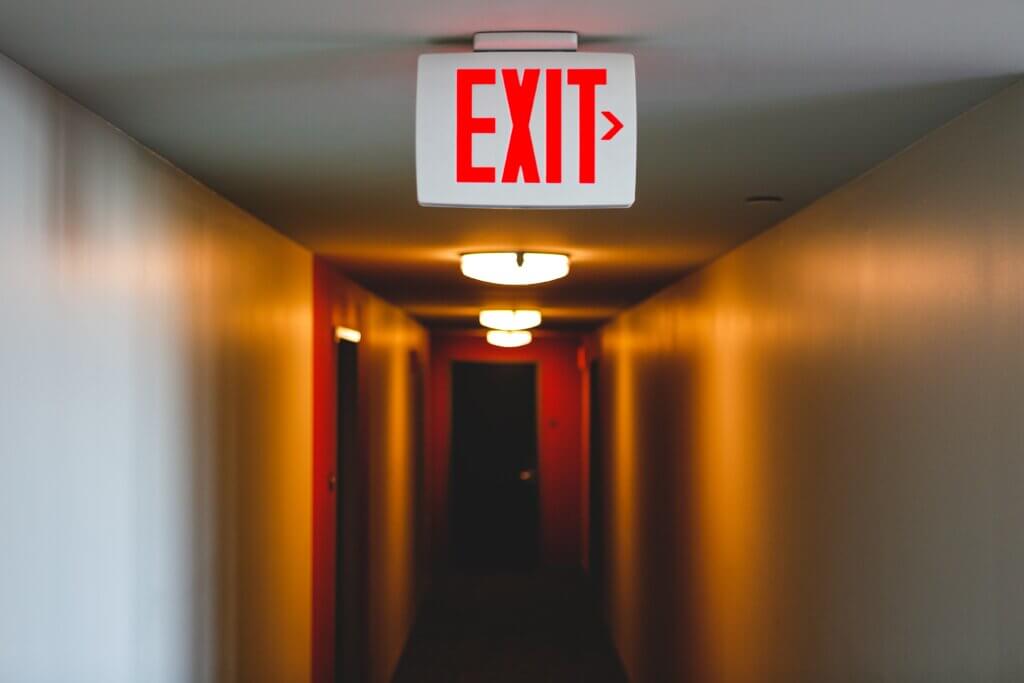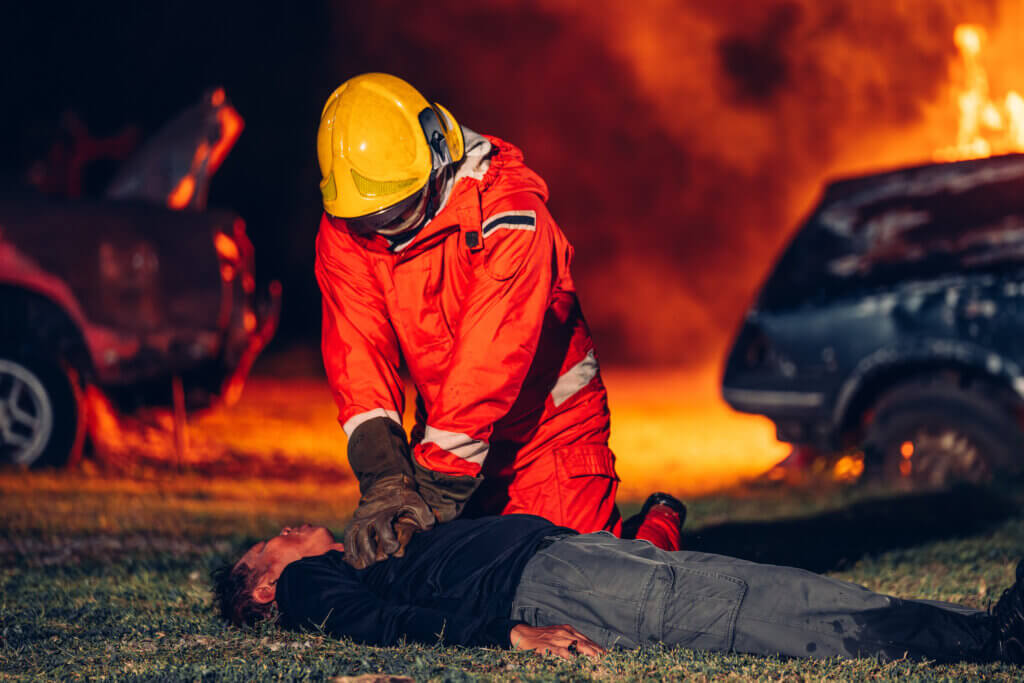
In emergencies such as fires, active shooter incidents, or structural failures, every second is critical. Emergency exits and escape routes must be accessible, clearly marked, and free from obstructions. When they’re not, the results can be catastrophic. If you have been severely injured, or a loved one was killed because of a blocked or inadequate emergency exit, you may have a premises liability claim under Georgia law.
For over 40 years, Blasingame, Burch, Garrard & Ashley (BBGA) has helped injury victims hold negligent property owners and managers accountable through successful premises liability claims. Our experienced legal team has the knowledge, resources, and determination to pursue justice when unsafe conditions, like blocked escape routes or inadequate emergency exits, lead to serious harm. If you were injured on someone else’s property, call us at 706-354-4000 or fill out our online contact form to schedule a free, no-obligation consultation. We’ll review your case and help you understand your legal options. You won’t owe us anything unless we recover compensation for you.
- What Is Premises Liability?
- Who Is Responsible for Emergency Exits in Georgia?
- Georgia Laws on Emergency Exits and Escape Routes
- What Constitutes a Premises Liability Case Involving Emergency Exits?
- Common Injuries Caused by Blocked Emergency Exits
- Georgia’s Statute of Limitations for Premises Liability Cases
- What Must Be Proven in a Premises Liability Case?
- How a Skilled Georgia Premises Liability Attorney Can Help
What Is Premises Liability?
Premises liability is a legal concept that holds property owners and occupiers responsible for maintaining safe conditions on their premises. When someone is injured due to a dangerous or hazardous condition, such as a blocked emergency exit, the property owner may be liable for the resulting injuries and damages.
Who Is Responsible for Emergency Exits in Georgia?
In Georgia, the responsibility for maintaining safe, accessible emergency exits falls on:
- Property owners
- Business operators and tenants
- Venue managers or event organizers
- Employers, when the property is a workplace
These parties are legally obligated to comply with state and local building codes, fire safety regulations, and general standards of reasonable care.
Georgia Laws on Emergency Exits and Escape Routes
Georgia’s State Fire Code and building regulations require that all commercial properties, public venues, and multi-unit residential buildings:
- Have a minimum number of emergency exits
- Clearly mark all emergency exits with illuminated signage
- Always keep escape routes unobstructed
- Ensure all exit doors open outward and remain unlocked during business hours
Failing to comply with these regulations can create legal liability if someone is injured or killed as a result.
If you have suffered a serious injury due to negligent practices by a business or organization, we know this must be a difficult time. Please fill out the form below and tell us a little about your potential case. Someone will reach out to you shortly:
What Constitutes a Premises Liability Case Involving Emergency Exits?
A premises liability claim related to emergency exits or escape routes typically arises when someone is hurt because:
- An emergency exit was locked, chained, or otherwise blocked
- An escape route was cluttered with merchandise, furniture, or construction materials
- Exit signs were missing or not illuminated
- An exit door was stuck or improperly maintained
- The building lacked enough exits for its occupancy level
Real-World Examples:
- A nightclub patron is trampled during an emergency because exit doors were padlocked.
- A warehouse employee is injured while trying to escape a chemical spill because the designated escape route was blocked with inventory.
- A concert goer suffers smoke inhalation during a fire due to a slow evacuation caused by a jammed emergency door.

Common Injuries Caused by Blocked Emergency Exits
When emergency exits or escape routes are obstructed or poorly maintained, the consequences can be deadly. Common injuries include:
- Severe burns and smoke inhalation from fires
- Crush injuries or broken bones from crowd stampedes
- Traumatic brain injuries from slips, trips, or falls during evacuation
- Death

Georgia’s Statute of Limitations for Premises Liability Cases
In Georgia, you typically have two years from the date of the injury to file a premises liability lawsuit. Failing to act within this time frame could result in you losing your right to seek compensation.
What Must Be Proven in a Premises Liability Case?
To succeed in a premises liability case, the injured party must prove:
- Duty: The property owner or occupier owed a duty of care.
- Breach: The owner breached that duty by failing to maintain safe conditions.
- Causation: The breach directly caused the injury.
- Damages: The injury resulted in severe harm, such as medical bills, lost wages, or pain and suffering.
How a Skilled Georgia Premises Liability Attorney Can Help
Premises liability cases involving emergency exits can be complex. An experienced attorney can Investigate the property’s compliance with fire and safety codes, determine who is responsible, gather eyewitness statements and surveillance footage when available, work with experts in fire safety or building engineering, prove the property owner’s negligence, and fight for full compensation for your injuries and losses.
Don’t try to navigate this alone. At BBGA our premises liability attorneys are ready to help.
Seriously Injured Due to a Blocked Emergency Exit? We Can Help.
Call us at 706-354-4000 or fill out our online contact form for a free consultation. Let us help you hold negligent property owners accountable and fight for the compensation you deserve.
A History of Results
We have an established track record of bringing our clients results they expect and deserve. We have recovered millions of dollars for our clients, and we know how to fight the insurance companies and medical facilities.
